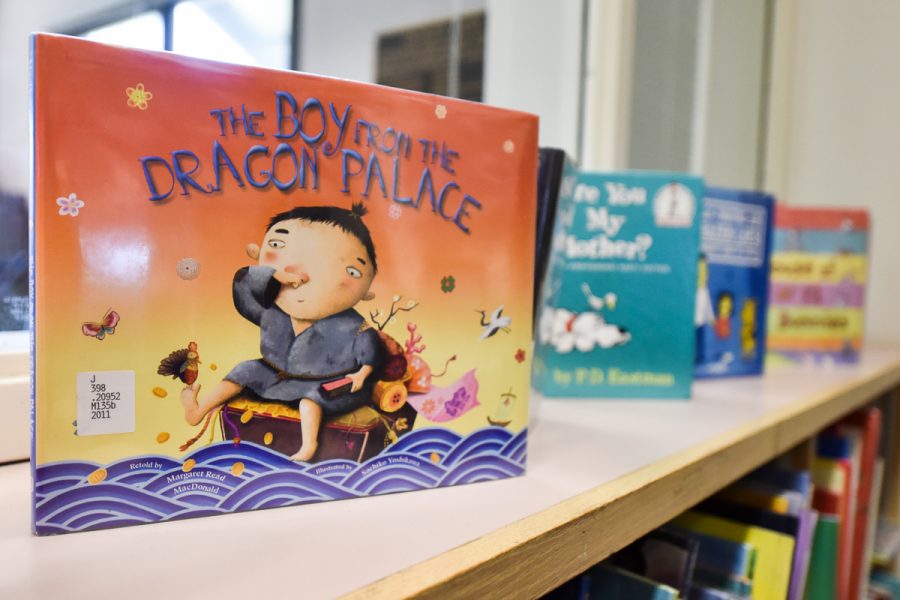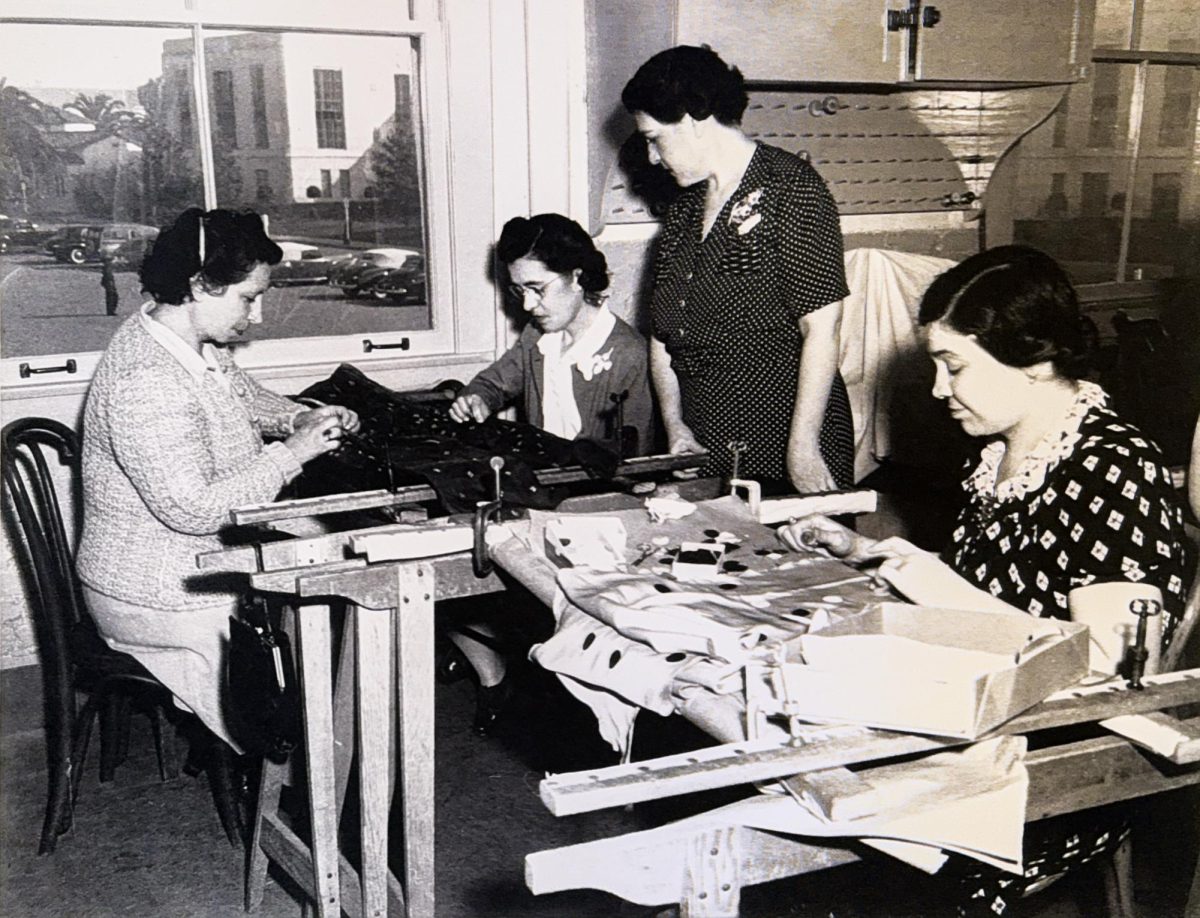Youth today are often labeled as part of a technology, media-driven society – one that has forgotten how to read for pleasure.
I hate this generalization for two reasons: it’s true in my life, and I blame our school system.
Reading used to be more entertaining than movies – a pastime I couldn’t get enough of. When I was little, books were an adventure into a new world, a bonding moment with my dad, or simply a source of knowledge that I once craved.
Ten years of school later I had stopped reading and started scanning and skimming the surface of the words. Books and fun rarely fell into the same sentence. Years of required reading, highlighting and analyzing books gradually stole any entertainment I associated with them.
Facts were stored and retained like a mechanical filing cabinet that I only opened for tests and then wastefully discarded. If there was time for leisure on the weekends, I didn’t feel like squeezing room in my head for excess words, so instead I would effortlessly fill it with trashy television or meaningless online browsing. Words were wasted on my eyes.
In my senior year of high school, my dad bought me a book because he thought I would enjoy it. It was Truman Capote’s “In Cold Blood.” Although it sounds morbid, this was the book that woke me from my anti-reading slumber.
I don’t know if it was the provocative title that drew me in, or just the fact that I had a light amount of assigned reading that night. Regardless of the reason, I just picked it up and read. I didn’t have a gun to my head, telling me to finish this chapter by a certain time. The freedom willed me back to books.
What I’ve learned after years of grueling classes, tests, and homework is that books aren’t the enemy. But neither is school. Of course a curriculum is necessary at schools, but variety and freedom to go at your own pace could make a huge difference with our generation.
Reading and literacy are one of the most crucial parts of school, and in many aspects, of life. So why have we been labeled as a generation who disregards the practice of it?
I think we’re burned out. So many teachings revolve around thick composition books that bore and discourage the youth today. I think a good book needs to seduce a reader yet remain relatable.
The universal and eternal characteristic that makes literature appealing, and reapplies to each generation, is that there is something for each individual. There are endless possibilities and genres that are over-looked in many school curriculums.
Reading is something personal. Rarely is it done with someone else, and it always evokes something different in each person.
If schools were set up with more variation, maybe kids wouldn’t forget how to read for fun. Not skim, analyze, or read between the lines – just read the words. We could develop appreciation for books that would continue outside of the curriculum, and the knowledge would be absorbed – not stored and discarded.













